4 Important Ways to Prepare for a Recession in 2023

Bad news: technically, we are already in a recession. Good news: it is possible to protect yourself and even thrive through a recession. Today I want to talk about what I do and what you all can do to prepare for recession 2023.
What is a recession?
The European Union’s definition is “zero or negative growth of the GDP for at least two successive quarters”. This has already happened in the first two quarters of 2022, which means that the recession has started.
Let me break this down. Inflation happens when too much money is printed too quickly, usually to stimulate the economy. Unfortunately, however, the more money that you print, the less buying power that money actually has, so as a result you can buy fewer goods and services with your dollar.
To counteract inflation, the government will raise interest rates in hopes that people will spend less, and the GDP will start to slow down.
So right now, we are in the early stages of a recession. How do you prepare for a recession?
1. Create an emergency fund
Save up anywhere from one to three months worth of living expenses, preferably in cash. This means that if something happens, you will be able to pay for your rent, your utilities, food, car, etc., without getting into debt.
It is important to note that whether we are in a recession or not, making sure that you have enough money to not get into bad consumer debt if your car breaks down or if there's a medical emergency is crucial.
Over the past months, I have been cutting down my expenses as much as possible. I eat at home more, I don’t buy expensive things, and two months ago we actually stopped all unnecessary spending for 30 days.
2. Pay off any credit card debt
This is especially important right now. When interest rates rise, so will the percentage that you pay on your credit card, and it will be way harder to actually pay off those credit card debts.
Moreover, the steps I will discuss further will require money, so you can't really do those things if you have large growing amounts of credit card debt.
3. Boost your income
I personally have started doing a couple of side hustles: more YouTube videos, acting, etc.
It does not have to produce huge amounts of money, but if you can live off the same income you are right now, and start making money from a side hustle, that is going to be a huge help for the next couple of steps.
4. Invest
While this might sound kind of counterintuitive with most stocks going down, any excess funds that you have can be used to buy stocks and different assets at discounted prices.
A strong financial position will allow you to buy stocks at cheaper rates when everyone is selling because they need money.
The idea is to be continuously putting money into the market, no matter if it is going up or down. You can set up an automatic monthly withdrawal, even if it is a small amount so that you can dollar cost average your way in.
If you are going to invest in stocks, I recommend using the 90-10 rule. Allocate 90% of the money to buy stocks into low-cost index funds. Personally, I do BTI or the S&P 500. This way you are spread out as evenly throughout the market as possible.
The other 10% you can allocate into short-term government bonds.
Most recessions last a few years. If you are planning to be constantly watching the market trying to buy and sell, for the most part, you are going to make mistakes.
This is why I suggest using a longer-term approach, so that eventually, once the market turns around, you get more upside than the people who bought because things were going well.
Real estate
One investment opportunity is real estate. This might not be an option for everybody, and it is much less appealing these days than a year ago when the interest rates were lower, but you can still make a lot of money in real estate.
One option is house hacking, where you buy a multifamily for a 3.5% down FHA loan, live in one unit, and rent the other two out. Those should cover all your mortgages, taxes, and insurance, allowing you to live very cheaply and save a lot of money.
If you have enough money, you can instead buy a rental property conventionally. This will ensure monthly cash flow, and as inflation rises, your property value will rise as well. In addition, monthly payments from the tenants will build you equity in that property.
Recessions are when people can no longer afford to buy real estate because interest rates have gone up. This is the time when you can invest by buying real estate at much cheaper rates and then make a lot of money after the recession ends.
Fine art
Another incredible opportunity I have been excited about recently is fine art. I am quite new to it, but I found out that fine art has outpaced the S&P 500 for the past 26 years.
Obviously, I don't have millions of dollars to buy art, but I found an amazing platform called Masterworks, which delivered an average of 29% to their investors last month.
Using Masterworks, I was able to invest in a Picasso, get a couple of other paintings, and diversify myself that way.
How to prepare for a recession in 2023
Now you know what to do to prepare for a recession: it comes down to spending less, earning more, and then investing the difference. This is the idea of financial minimalism.
I hope my tips will help you prepare for the recession, and let me know in the comments how you personally are dealing with it.
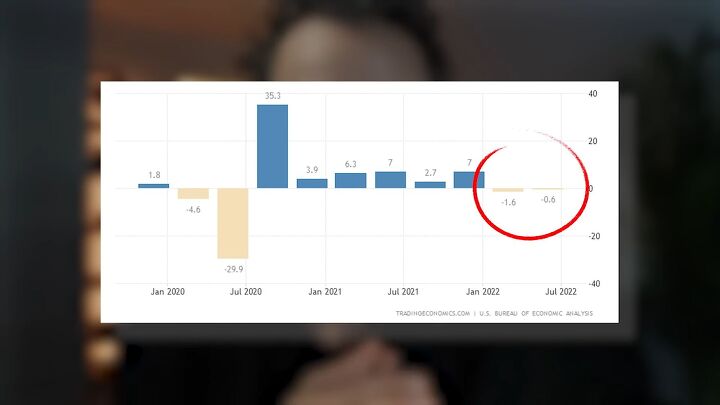



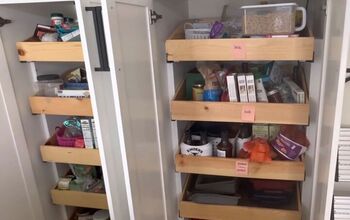


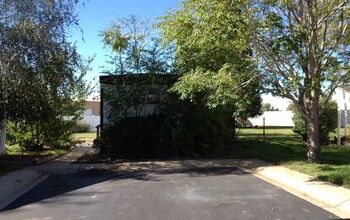
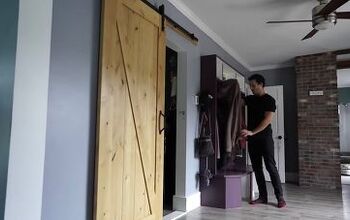






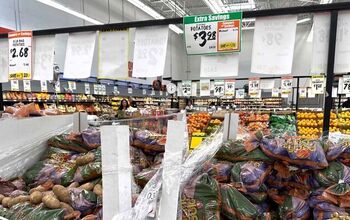






Comments
Join the conversation